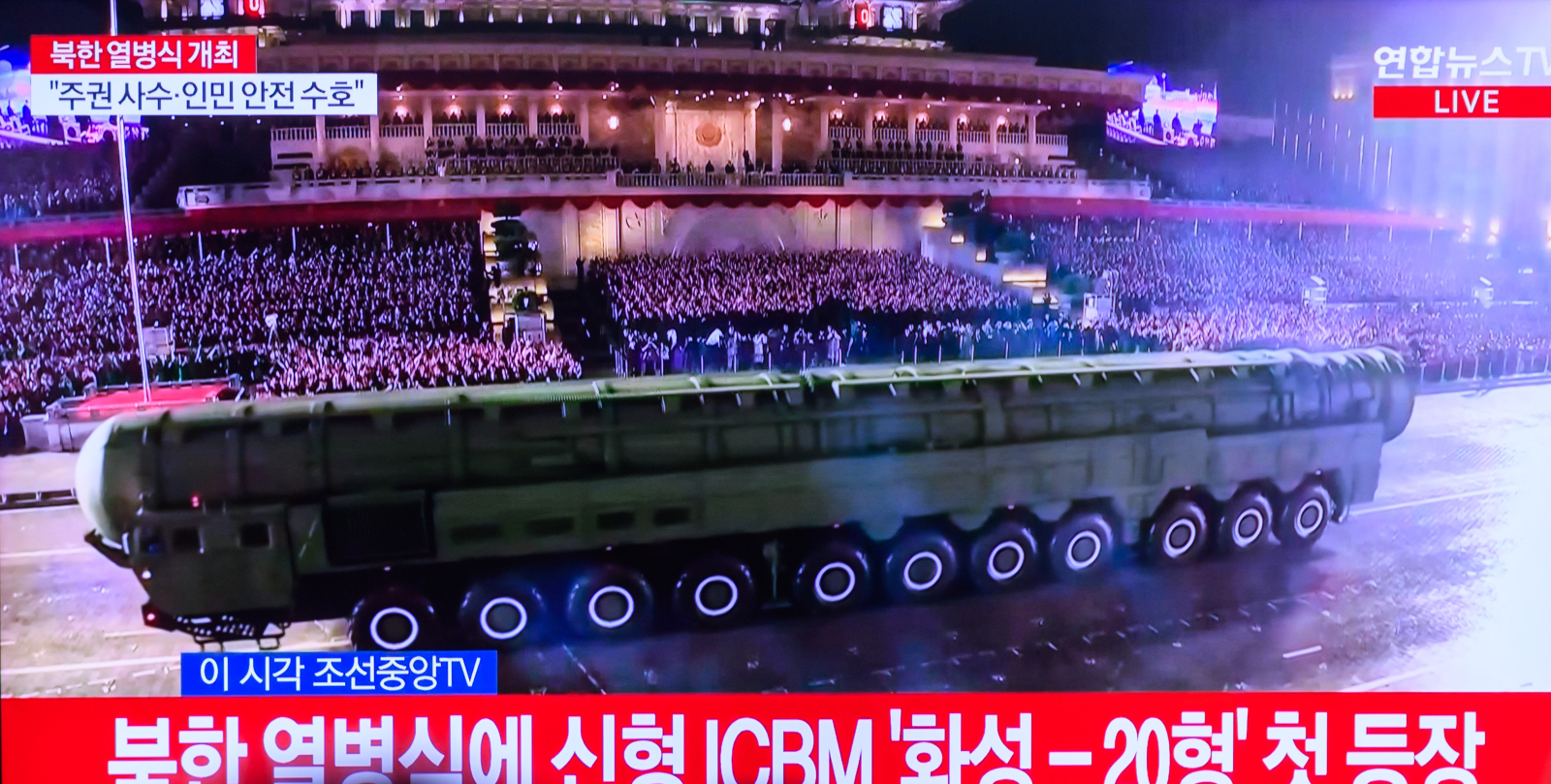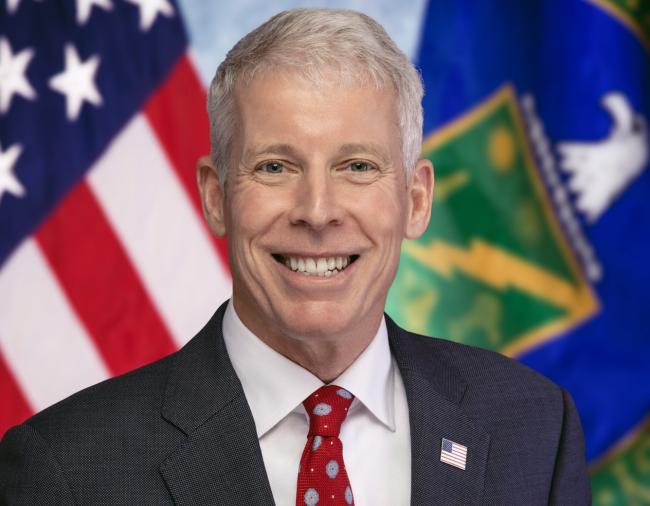
Practical information
Accessibility
Themes and regions
Related centers and programs
This is a private event.
Learn more about our corporate support packages
From the growing size and diversification of the North Korean nuclear arsenal, and an open rhetoric in favor of nuclear proliferation in the South because of the loss of credibility of U.S. extended deterrence, the Peninsula is facing raising nuclear tensions.
Invited alongside Vladimir Putin to the Victory Day parade in Beijing in early September 2025, Kim Jung-un is strengthening his position as regional leader through increased military cooperation with China and Russia and a nuclear program that is gaining credibility. Although no new tests have been conducted since 2017, ballistic missile launches, with increasing range, are becoming more frequent, and the doctrine is evolving towards greater aggression.
In the South, relations between Seoul and Washington are strained due to Donald Trump's unstable foreign policy. Although South Korea knows it is indispensable to the United States in its competition with China, the coordination mechanisms put in place under the Biden administration, such as the Washington Declaration, are being put to the test. As a result, political rhetoric in favor of a national nuclear program is gaining popularity.
How can we understand these nuclear dynamics on the Korean peninsula? And how might they evolve in an increasingly tense strategic environment?
Speaker:
Bee Yun Jo, researcher at the Sejong Institute and non-resident researcher at the Atlantic Council
Moderator:
Héloïse Fayet, researcher and head of the Deterrence and Proliferation program at Ifri
Contact
Attendance is by invitation only. Please contact the Security Studies Center ([email protected]) for any question.
Related Subjects
Other events

Conference with Chris Wright, Secretary, U.S. Department of Energy
EU-US Energy Relations in Times of Global Reshuffling
The United States aims for global energy dominance and leading in the global IA race, using all available and competitive energy resources, notably natural gas and nuclear.

EV Supply Chains for Japan and Europe: Strengthening Economic Security
Economic security aims to ensure the resilience of supply chains for key industries: the case of electric vehicle production in Japan and Europe will be discussed.






